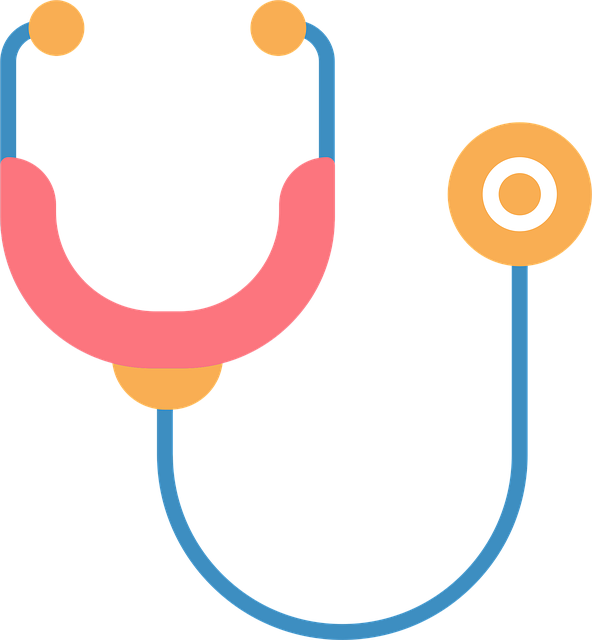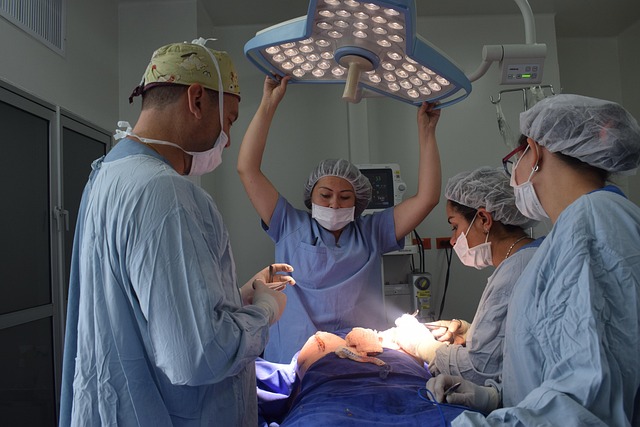Missed patient calls harm healthcare appointments and care. Callback automation tools promptly contact missed callers, reclaiming leads and increasing bookings by streamlining rescheduling and communication. Medical professionals use these systems to reduce manual effort, enhance satisfaction, cut no-shows, and focus on direct patient care, ultimately maximizing appointment efficiency. Integrating callback automation with manual follow-ups optimizes booking success rates and provides personalized experiences for patients and staff alike.
In the fast-paced world of healthcare, missed patient calls can significantly impact appointment booking rates and overall service quality. This article explores effective strategies to recover these missed opportunities, focusing on both manual and automated approaches. We delve into the causes behind missed calls, highlighting the growing importance of callback automation in healthcare. By examining traditional manual methods and modern automated systems, we provide insights to enhance patient engagement, optimize appointment scheduling, and ultimately improve healthcare access. Discover how callback automation can revolutionize patient follow-up, leading to increased booking rates and improved patient care.
- Understanding Missed Patient Calls: Impact and Causes
- Manual Recovery Methods: Traditional Approaches
- The Rise of Callback Automation in Healthcare
- Implementing Automated Systems for Efficient Callbacks
- Benefits of Automation: Increased Appointment Bookings
- Strategies to Optimize and Maintain High Booking Rates
Understanding Missed Patient Calls: Impact and Causes

In the medical sector, missed patient calls can significantly impact appointments and overall care delivery. These calls often represent potential patients who have shown initial interest but didn’t follow through with booking an appointment. Understanding why these calls are missed is crucial for developing effective strategies to recover them. Common causes include scheduling conflicts, patient forgetfulness, or simply not having the time to return a call promptly.
Callback automation in healthcare acts as a game-changer here. By automating the process of returning missed calls, medical practices can ensure that potential patients receive timely follow-up, increasing the chances of reclaiming lost leads and maximizing appointment bookings. This technology is especially valuable given the constant challenges of managing patient schedules and ensuring effective communication.
Manual Recovery Methods: Traditional Approaches

In the realm of healthcare, effectively managing patient communication is paramount to ensuring timely appointments and delivering quality care. Manual recovery methods have long been the traditional approach to addressing missed patient calls, involving dedicated staff members who actively track down patients and schedule rescheduling. This process often entails extensive records-keeping, phone tag games, and potential delays in reconfirming appointments. To streamline this tedious routine, medical professionals are increasingly turning to callback automation tools designed specifically for the healthcare sector.
Implementing a robust medical callback protocol through call follow-up automation can significantly enhance appointment booking efficiency. These automated systems intelligently manage missed calls by promptly initiating rescheduling attempts, reducing manual intervention and ensuring no patient is left unheard. By integrating such technologies, medical practices can focus more on patient care and less on administrative tasks, ultimately improving overall operational productivity and patient satisfaction.
The Rise of Callback Automation in Healthcare

In today’s digital era, healthcare providers are increasingly turning to callback automation as a strategic tool to enhance patient care and streamline operational processes. Callback automation medical technologies have emerged as a game-changer in managing lost call appointment recovery, addressing a common challenge faced by medical practices worldwide. By automating the process of identifying and following up on missed calls, these systems significantly improve call follow-up automation efficiency and patient engagement.
This innovative approach ensures unanswered call resolution with minimal manual intervention. Automated callback systems can promptly reach out to patients who have missed appointments, offering rescheduling options or collecting feedback. This not only increases appointment bookings but also fosters a sense of personalized care, ensuring patients feel valued and supported. As the healthcare industry continues to evolve, leveraging callback automation medical solutions is becoming essential for practices aiming to optimize their communication strategies and deliver exceptional patient experiences.
Implementing Automated Systems for Efficient Callbacks

Implementing Automated Systems for Efficient Callbacks
In today’s digital era, healthcare providers are increasingly turning to callback automation to streamline patient communication and optimize appointment booking. Automated systems, like call follow-up automation tools, play a pivotal role in reclaiming missed leads and ensuring timely responses to patients’ inquiries. These technologies intelligently manage the vast volume of incoming calls, allowing medical practices to adhere to robust callback protocols.
By leveraging call follow-up automation, healthcare institutions can instantly notify patients about appointment reminders, rescheduling options, or new service offerings. This not only enhances patient satisfaction but also improves accessibility and reduces no-show rates. Moreover, automated systems offer unparalleled consistency in delivering medical callback services, ensuring every patient receives prompt and personalized attention, regardless of staff availability.
Benefits of Automation: Increased Appointment Bookings

In today’s fast-paced medical environment, efficient patient communication is key to managing appointments and optimizing resources. Callback automation offers a game-changer in this aspect. By implementing automated systems for callback and call follow-up, healthcare providers can significantly boost appointment bookings. These tools ensure that patients receive timely calls, reminders, and confirmations, reducing no-shows and increasing the overall efficiency of the medical practice.
The benefits are numerous: from enhancing patient engagement to streamlining administrative tasks. A well-designed medical callback protocol, leveraging call follow-up automation, can capture lost call appointments, improve patient retention, and ultimately, increase the number of successful bookings. This technology allows healthcare professionals to focus on delivering quality care rather than being bogged down by manual call management, ensuring a seamless experience for both staff and patients.
Strategies to Optimize and Maintain High Booking Rates

To maintain high booking rates, healthcare practices should implement robust strategies that combine both automated and manual approaches. Callback automation medical systems can significantly enhance patient engagement by promptly reclaiming missed leads through automated calls or texts. These technologies ensure that no potential appointment goes unnoticed, improving response rates and reducing no-shows. For instance, an automated system can deliver a personalized message, offer alternative dates, and even provide a direct link to schedule again, increasing the likelihood of a successful booking.
Additionally, integrating lost call appointment recovery processes into the daily workflow is essential. This involves training staff to handle unanswered call resolution effectively by promptly following up on missed calls with patients. A combination of automated reminders and manual check-ins can help reclaiming missed leads while ensuring patients receive timely communication. By adopting these strategies, healthcare providers can optimize their scheduling systems, enhance patient satisfaction, and ultimately boost overall appointment bookings.
